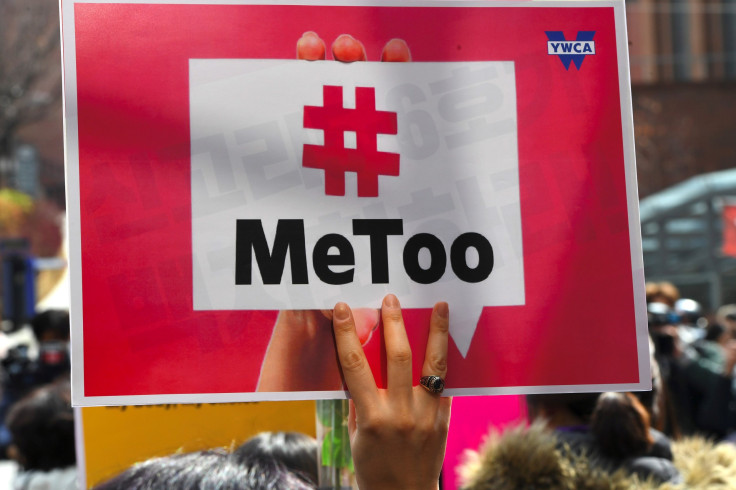#MeToo Hits Indian Media Industry, Public Accusations Surge

Over a year after the #MeToo campaign kicked off in the United States, the movement suddenly gained momentum in India in the past week, with a surge in the number of complaints against prominent public figures.
The new campaign in the country is mostly focused on one of its most influential industries, the media industry including entertainment and the news sector. It started in September when Bollywood actress Tanushree Dutta filed a complaint renewing a 10-year-old allegation against another Indian actor, Nana Patekar. She accused Patekar of ordering changes to a movie dance sequence so he could grope her in 2008. Patekar denied the accusation.
This was followed by allegations, ranging from sexual harassment to rape, against more than a dozen men in the media, entertainment, arts, and politics.
A major Bollywood production house, Phantom Films, that made “Sacred Games” for Netflix was dissolved Saturday. Two of the four partners behind the production house publically apologized for mishandling an employee’s complaint against a third partner, Vikas Bahl, in 2015, who accused him of sexually assaulting her.
All India Bakchod, a premier comedy troupe in the country, was pushed to the brink of collapse when a comedian, Mahima Kukreja, accused Utsav Chakraborty, a former member of the group, of sending her lewd messages and a picture of his genitals. It was soon followed by accusations against others, including senior members, of the group.
Many other prominent names in the Indian media, including actor Alok Nath, actor-director Rajat Kapoor, and journalist Prashant Jha were also named.
With the #MeToo movement that has taken over India, here's an overview about the allegations of sexual assault made against Rajat Kapoor, Prashant Jha, Alok Nath, KR Sreenivas and Vikas Bahl and where they currently stand. #metooindia #FPTrending (1/2) pic.twitter.com/ornU6FF5fp
— Firstpost (@firstpost) October 9, 2018
According to a New York Post report, the new influx of complaints was inspired by Dutta and Kukreja. Following this, dozens of women in the media field started coming out with their stories describing inappropriate behavior by male reporters and editors in some of the biggest news organizations in India.
“It almost felt like the women were waiting,” Kukreja said in a New York Post interview recently. “‘Am I allowed to share my trauma? Am I allowed to share my story?’”
In India, which is still a traditionally conservative country, discussions about sex are considered a taboo by many. Though there are laws against sexual harassment at workplaces, a huge part of the population work in the informal economy, and in small businesses, where there is little to no official channels of complaints.
According to a Reuters report, at least one major Indian newspaper, some politicians and women's groups said the requirements of the 2013 Sexual Harassment of Women at Workplace Act should be enforced by companies, organizations, and other authorities. Even with the law in place, critics said many organizations do not adhere to it, or are only paying lip service to it.
"The committees required to address these complaints and grievances are either not properly constituted or simply do not exist," T.K. Rajalakshmi, president of the India Women's Press Corps which lobbies for the rights of female journalists, said. "The fact that many of the complaints have gone unheard despite being brought to the notice of the appropriate authorities is disturbing and a matter of grave concern."
In an editorial Tuesday, the Economic Times, one of India's leading business publications, said the committees formed to investigate allegations are often "dysfunctional or ineffective".
"The cost of complaining has been too high," it said. "It is time to implement the law more effectively, both in letter and in spirit."
Decades of allegations of sexual harassment against the film producer Harvey Weinstein helped the #MeToo movement in the U.S. to gain traction in 2017. But in India, it struggled to get a proper foothold despite several attempts, including the publication of a list of academics accused of sexual harassment across the country by law student Raya Sarkar.
“It’s almost like a wave has come,” Vrinda Grover, a New Delhi-based lawyer and human rights activist who worked on cases of sexual harassment and child abuse, said. “Until now, we have seen consequences only on the women who complained. This time, the consequences are for those who have committed the misconduct.”
© Copyright IBTimes 2024. All rights reserved.





















